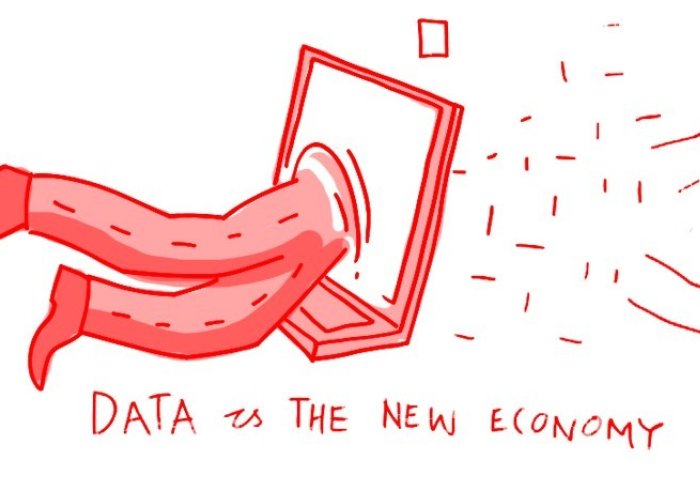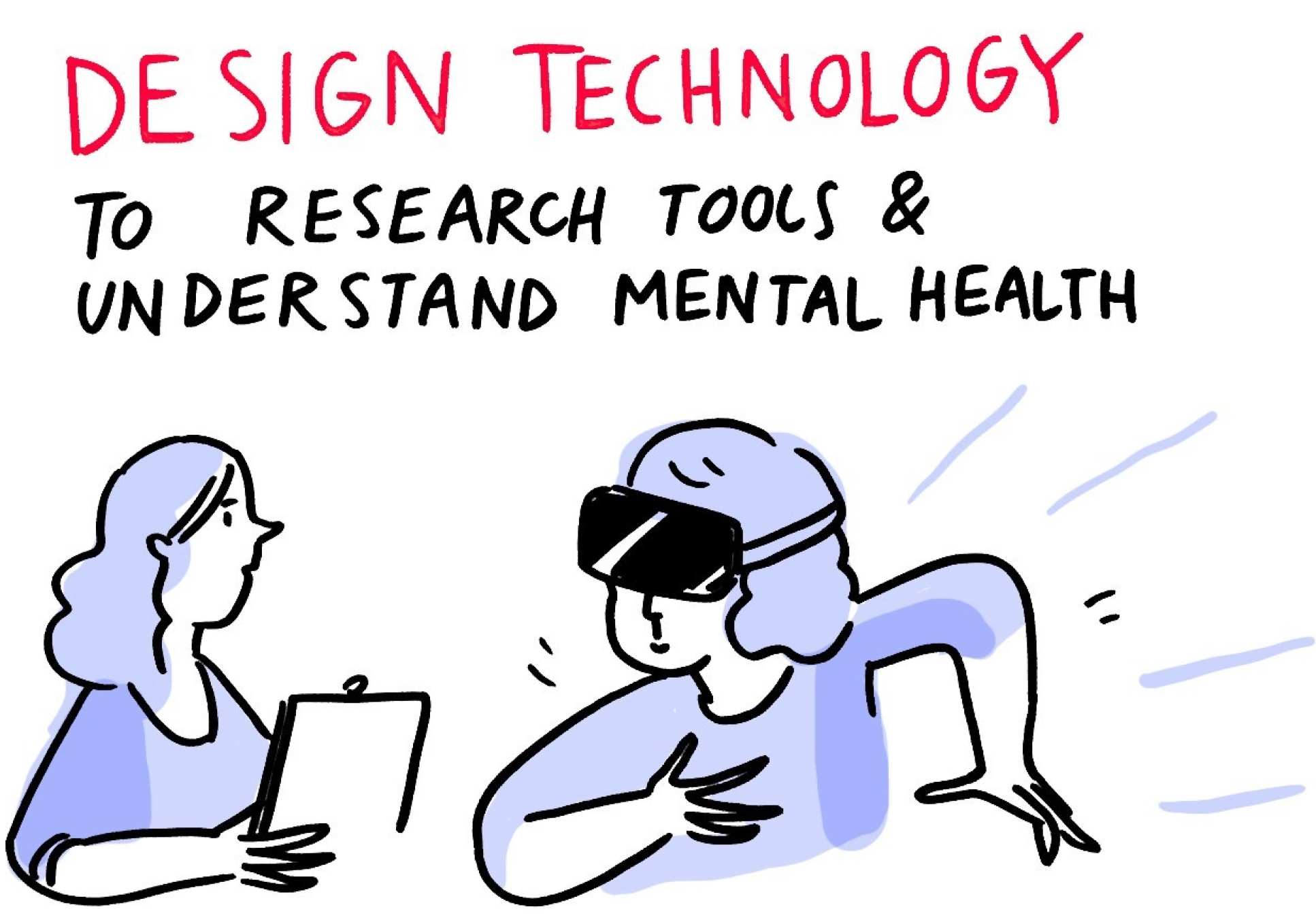In pictures: How the technology of 2039 could reshape human needs

Academics explored how the technology of the future could reshape our physical and emotional needs last month at Tech Foresight 2039.
The Imperial academics shared research-based visions of the world of 2039 with industry audiences at the Imperial Tech Foresight practice’s flagship annual event.
Their insights were captured in a series of lively drawings created in real time by artist Josie Ford.
Physiological needs
Dr Marco Brancaccio, Lecturer in the Department of Medicine and Fellow of the UK-Dementia Research Institute, warned that modern working practices disrupt out circadian rhythms, resulting in poor sleep that makes us vulnerable to serious health problems including dementia. He told the audience that brain cells called astrocytes help regulate circadian rhythms, suggesting that a gene therapy targeting them could eventually help prevent or delay dementia.

See full image.
Cognitive needs
Dr Nejra Van Zalk, Lecturer in the Dyson School of Design Engineering, discussed how technology is currently harming our mental wellbeing – for example, we become addicted to the dopamine released when we receive validation on social media. She predicted that products and services like social media platforms will in future be designed with mental health in mind, following the introduction of new business models that give the platforms better incentives to promote good mental health.

Security needs
Dr David Boyle, Lecturer in the Dyson School of Design Engineering, said that cyber-physical systems composed of software and networked physical devices will become ubiquitous and autonomous, making it essential that we can trust them. He argued that designing safe systems requires a holistic awareness of the interaction between the hardware, software, physical systems and the human contexts they are embedded in.

Innovation and disruption
A workshop led by Dr Thrishantha Nanayakkara, Reader in the Dyson School of Design Engineering, addressed soft robotics to create robotic patients and efficient bio-inspired systems. Another led by Dr Ali K Yetisen, Senior Lecturer in the Department of Chemical Engineering, explored how the skin can be used as an interface for continuous health monitoring.

Professors David Gann and Nelson Phillips, both innovation experts from the Imperial College Business School, discussed technological innovation and disruption. (Detail from Josie Ford's illustration at top of article. See full image.)
Imperial’s work with industry
Imperial Tech Foresight leverages deep scientific expertise from academics at the College to create visionary future perspectives. The practice’s work harnesses rigorous foresight methodologies and creative thinking to identify futures that span the possible, probable and plausible.
The annual Imperial Tech Foresight conference is a flagship event for members of Imperial Business Partners (IBP), a membership programme that gives research-driven industries accelerated access to Imperial’s expertise, talent and facilities.
Tech Foresight and IBP are part of Imperial’s wider ecosystem of initiatives to support industry and entrepreneurship. You can read more about this work in the College’s annual Review of Enterprising Activity.
Article text (excluding photos or graphics) © Imperial College London.
Photos and graphics subject to third party copyright used with permission or © Imperial College London.
Reporter
David Silverman
Communications Division